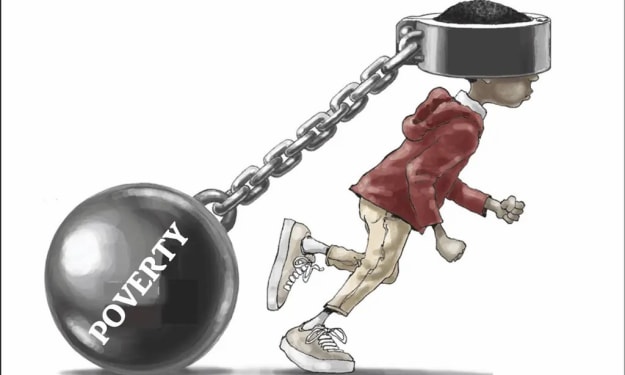
Many major historical figures in philosophy have provided an answer to the question of what, if anything, makes life meaningful, although they typically have not put it in these terms (with such talk having arisen only in the past 250 years or so, on which see Landau 1997). Consider, for instance, Aristotle on the human function, Aquinas on the beatific vision, and Kant on the highest good. Relatedly, think about Koheleth, the presumed author of the Biblical book Ecclesiastes, describing life as “futility” and akin to “the pursuit of wind,” Nietzsche on nihilism, as well as Schopenhauer when he remarks that whenever we reach a goal we have longed for we discover “how vain and empty it is.” While these concepts have some bearing on happiness and virtue (and their opposites), they are straightforwardly construed (roughly) as accounts of which higher-order final ends, if any, a person ought to realize that would make her life significant.
Despite the venerable pedigree, it is only since the 1980s or so that a distinct field of the meaning of life has been established in Anglo-American-Australasian philosophy, on which this survey focuses, and it is only in the past 20 years that debate with real depth and intricacy has appeared. Two decades ago analytic reflection on life’s meaning was described as a “backwater” compared to that on well-being or good character, and it was possible to cite nearly all the literature in a given critical discussion of the field (Metz 2002). Neither is true any longer. Anglo-American-Australasian philosophy of life’s meaning has become vibrant, such that there is now way too much literature to be able to cite comprehensively in this survey. To obtain focus, it tends to discuss books, influential essays, and more recent works, and it leaves aside contributions from other philosophical traditions (such as the Continental or African) and from non-philosophical fields (e.g., psychology or literature). This survey’s central aim is to acquaint the reader with current analytic approaches to life’s meaning, sketching major debates and pointing out neglected topics that merit further consideration.
So up until this point I, on my self-improvement blog, have always said that life is complicated. And I still stand by that. This blog isn’t about people who are already on their self-improvement journey. This is a blog for people who don’t know how to start or have not started.
Everyone has their problems. Some might have more significant problems, some might have small problems.
One problem most people have, regardless of any outside factor, is that they overcomplicate these problems. Or they might overthink and make it worse for themselves. Now every problem is different, I can’t cover every possible thing. What I will do on this blog is to oversimplify self-improvement for you to get started.
If you want to change your mood — Exercise. Exercise is proven to change your mood, short and long term. A lot of people exercise to get stronger or look better. If those aren’t important to you, you can do a small( easy) exercise just to feel better. You don’t have to do the hardest things!
If you want to be calmer — Meditate. Meditation is something I’ve talked about before. I don’t think I have to prove that meditating makes you calmer. That’s a fact. So if you’re stressed, sit your butt down and Meditate!
If you want to understand yourself — Journal. Journaling, again I’ve talked about time and time. Now journaling can also make you calmer, but meditating will take that spot in this blog. Journaling your day/experiences is a VERY good way to understand yourself, journaling about ideas will make you smarter. You choose what you want to do!
If you want to understand the world — Read. Reading, non-science-fiction is very important if you want to get smarter. You don’t have to read math/science books, just read something which has a good topic that interests you!
If you want to see progress/growth — Be consistent!





Comments
Annee is not accepting comments at the moment
Want to show your support? Send them a one-off tip.